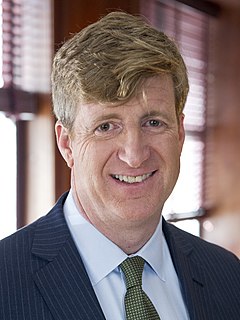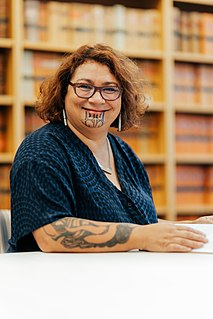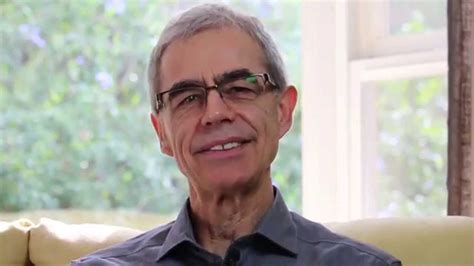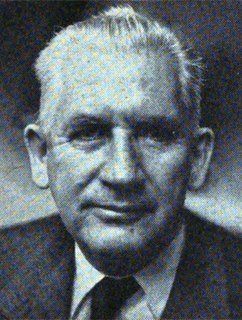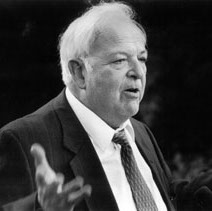A Quote by Scott Gottlieb
In fast moving fields like cancer, where doctors tailor treatments based on evidence that's constantly evolving, two years can be an eternity of waiting to learn about important science. For some patients, that interval can be fatal.
Related Quotes
Treating only terminal cancer patients, the Rand (anti-cancer) vaccine produced objective improvement in 35% of 600 patients while another 30% demonstrated subjective improvement. FDA stopped the vaccine's use in a federal court hearing where neither the cancer patients nor their doctors were allowed to testify.
Opioid replacement therapy is the standard evidence-based model to treat people with acute opioid addiction, and that is unassailable according to every research study that's been done. If that is the evidence-based model, then why can't we meet the large-scale need that's out there? We can't because one, there aren't enough doctors who can prescribe [drugs like methadone], and two, there are these artificial limits [by insurers] on who doctors can prescribe to.
There are a very small number of doctors in France that use essential oils and herbs as well as conventional drugs in their treatments and sometimes they will use essential oils intensively, usually because they are treating people with cancer or chronic infections that patients have had for years, and ingested essential oils are a really a great choice for treating chronic infections if you're a doctor.
But the doctors in the past, as the review of the evidence showed, branded Jenner, Semmelweis, Oliver Wendell Holmes, Sr., Pasteur, Lister, Koch and Keen as charlatans...Napoleon said that war is too important to be left to the generals. We go on the assumption in the Senate that foreign relations are too important to be left to the diplomats...this question (on a novel cancer cure) is too important to leave purely to doctors.
I picture the evidence for the deity of Jesus to be like the fast-moving current in a river. To deny the data would be like swimming upstream against the current. That doesn't make sense. What's logical, based on the strength of the case for Christ, is to swim in the same direction the evidence is pointing by putting your trust in Jesus as your forgiver and leader.
People and organizations other than doctors increasingly are assuming power to decide which medications to prescribe or procedures to undertake. More and more, decisions about personal healthcare are no longer made by the treating physicians in consultation with their patients, and based on the doctors' expertise.
The Bucket List is a movie about two old codgers who are nothing like people, both suffering from cancer that is nothing like cancer, and setting off on adventures that are nothing like possible. I urgently advise hospitals: Do not make the DVD available to your patients; there may be an outbreak of bedpans thrown at TV screens.



